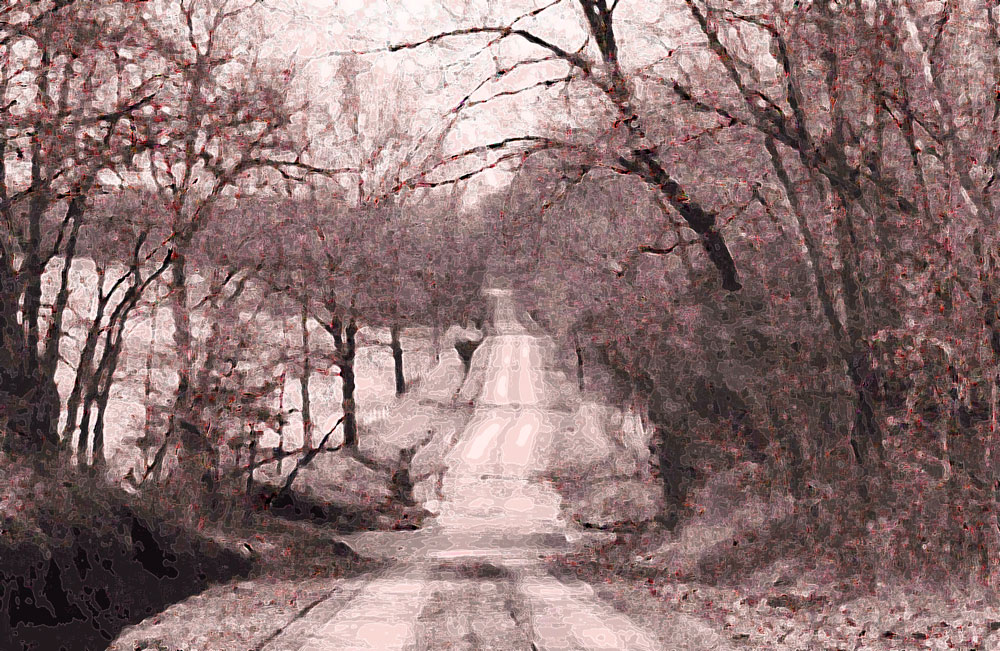The alluring image of detachment
Much of the scientific or modern appeal of insight meditation comes from its detached methodology of observation, which mimics the modern scientific approach of attempting to remain as objective as possible. In these times of alienation and disillusioned idealism, not only is mindfulness the most scientific of meditation methods, but it is also attractive for the images of detachment it projects.
When one has been frustrated in their idealism or isolated in their alienation by our gigantic, technological, and impersonal culture, to have a method offered whereby one can work with these feelings in a different, more constructive or alluring way can be very appealing. In the process of meditative detachment, one can be removed from direct relationship with life processes that may be painful and not be as deeply affected by them. The equanimity that goes hand in hand with detachment can serve as a psychological buffer to provide a soothing balm for the inevitable dislocations of life in today’s world.
More fundamentally, though, masked by the practice of detachment is what amounts to an unspoken fear or distaste of emotional involvement in life. This hidden aversion is an unseen blind spot in mindfulness that originates in the underlying Buddhist philosophy of the “three marks of existence” (mentioned in Parts 2 and 3), one of which is unsatisfactoriness or suffering (dukkha). This is enough of a preoccupation in Buddhist psychology that an ultimate long-term goal of the entire practice becomes oriented toward not just reasonably minimizing psychologically rooted suffering but the Sisyphean task of avoiding it entirely.




